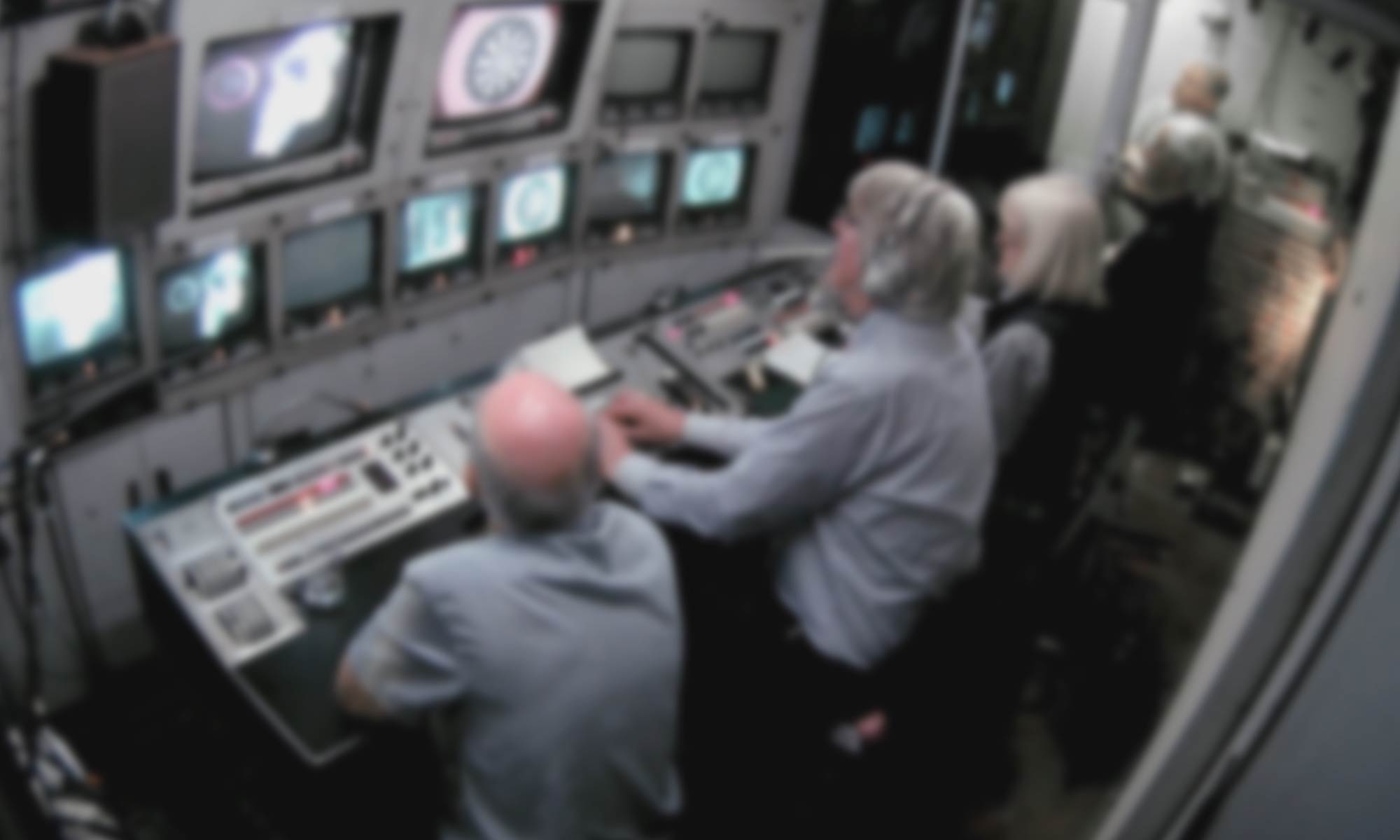A team of television historians will travel back in time as they bring a vintage BBC outside broadcast truck back to life in North Wales, using the latest fixed-rig multi-camera technology to show how television was made in a bygone era.
Working with Flintshire-based broadcasting history enthusiast Steve Harris, the team from Royal Holloway University of London will reunite veteran cameramen, directors and engineers with North 3, a restored colour mobile control room dating from the late 1960s.
In order to capture the complicated action taking place within a busy outside broadcast truck, the event will be filmed using a fixed rig of 12 cameras, installed by production company Lion Eyes.
The aim is to capture every flick of a switch, push of a button and slide of a fader as the veteran crew of cameramen and technicians – most of them now in the 70s and 80s – return to work in an OB vehicle that’s long been consigned to history.
North 3, a Type 2 BBC Colour Mobile Control Room, travelled the length and breadth of the country during the 1970s, relaying live footage of Royal Ascot, The Open from St Andrews and the Royal Variety Performance from the London Palladium.
It ended its life with the BBC in the early 1980s, and spent several decades decaying at an airfield in Devon, before being rescued and restored by Hawarden-based television historian Steve Harris.
Now ADAPT’s researchers from Royal Holloway are using their European Research Council funding to embark on a hugely ambitious “hands on” history event during which a full outside broadcast crew will be re-united with the restored vehicle to recreate a 1970s sports television production.
The experiment, which will take place next week (May 17, 18, 19) will be the first time that anyone has attempted to see the restored North 3 operational and staffed by its original crew. The vehicle, an analogue ancestor of today’s digital satellite outside broadcast trucks, is the only survivor of its type in working order.
Working with Steve Harris, the team from Royal Holloway have located a team of former outside broadcast camera operators and engineers. For first time in several decades, they will be reunited with North 3 and re-live the experiences of their earlier careers.
Using restored 1970s television technology, the team will record a darts match and conduct interviews with former television production personnel. The multi-angle exercise will help the Royal Holloway team, led by Prof John Ellis of the college’s Media Arts department, to learn more about how television was made in the 1970s and 1980s.
Prof Ellis said: “Television has seen vast technological changes since the 1960s, and some of the greatest changes have taken place in outside broadcasts. Our work with North 3 will help to document technologies and ways of working from the heroic age of television, which are now at risk of being forgotten.”
Digital producer Amanda Murphy, who is organising and directing the event, said: “We were battling with how to cover a 20-strong veteran crew in the rather tight space of the old Type 2 OB, so Martin’s fixed rig solution is ideal.
“It means we get coverage of all the different units at work simultaneously. Most importantly, we can step back and intervene far less than we would in traditional TV documentary filming allowing this re-united crew to fully engage in the experience of working with this OB and old restored kit for the first time in decades.”
The complexity of the event means that it will not be open to the public, but footage and interviews from the event will be uploaded to YouTube during the week.
Notes to Editors
- Press photographers and video journalists are welcome to visit the location by prior arrangement.
- North 3 and the team will be at Northop Hall Hotel, Hawarden on May 17, 18, and 19. Interviews can be arranged with Steve Harris, the project leader Prof John Ellis, and the producer Amanda Murphy.
- For further information and to organise photo opportunities / interviews, please email Nick Hall – nick.hall@rhul.ac.uk.
